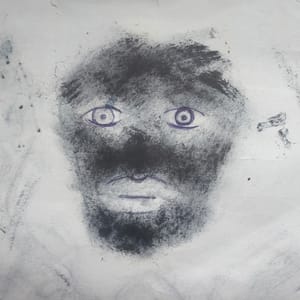Jordan Playfair Pan Is Dead (2024)
It may sound ludicrous, but someone once dared to challenge Apollo, the god of music himself, to a musical duel. They actually competed, and, unsurprisingly, Apollo emerged victorious. However, one of the judges, King Midas, preferred the music of Apollo’s opponent. As punishment for this poor judgment, Apollo fitted Midas with the ears of a donkey.
The opponent in question was no ordinary being—he was a god, too: the god of wilderness, nature and fertility, among other things. His parentage isn’t entirely clear. In one popular version of the story, he is the son of Hermes and a nymph, possibly Dryope or Penelope. In another version, his father is Zeus.
We’re talking about Pan, and by now, you’ve probably already guessed that we’re knee-deep in Greek mythology. Even in this realm, Pan stands out as an oddball. He is half-human, half-goat, with the upper body of a man and the lower half, including his legs, resembling those of a goat. He also sports goat horns on his head. His appearance was so startling that according to legend, even his own mother fled in fear after giving birth to him.
Pan’s appearance not only sets him apart but also symbolizes his deep connection to the natural world. He is the protector of shepherds, ensuring the fertility of the land and maintaining the equilibrium of nature. He embodies the untamed forces of the earth, and he feels at home in groves, pastures and mountains—wild spaces far from the reach of civilization.

So, when UK singer-songwriter Jordan Playfair titles one of his poignant songs “Pan Is Dead”, we already have a sense of its theme. Massive floods, landslides, volcanic eruptions, storms, devastating earthquakes and wildfires instantly come to mind. And indeed, Playfair’s haunting yet beautiful lament, which is today's song, is “about the Anthropocene and the loss of innocence,” as the musician explains.

Start the conversation
Become a paid member of The Rest to gain access to the comments section.